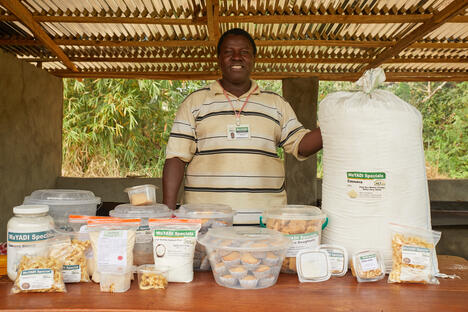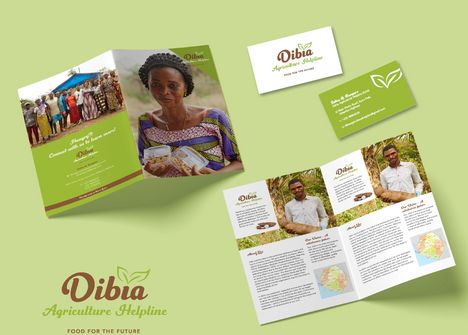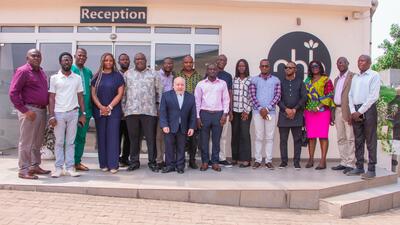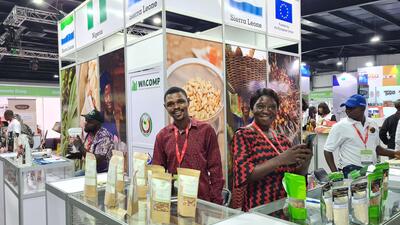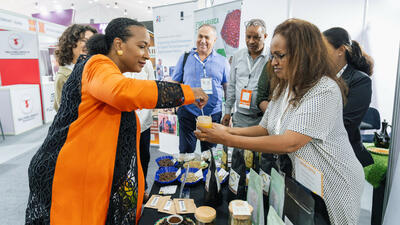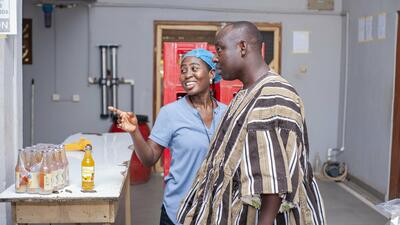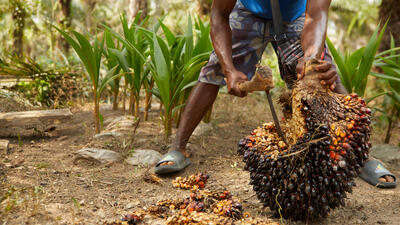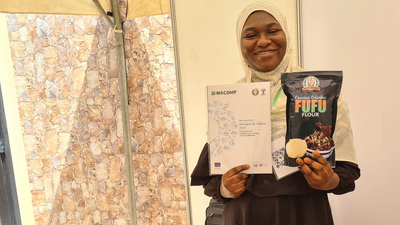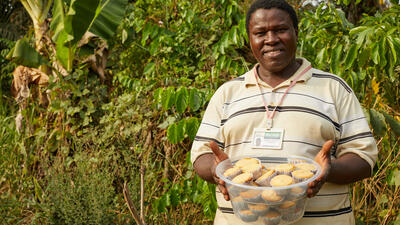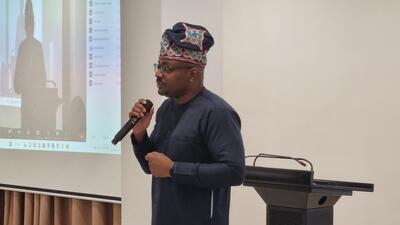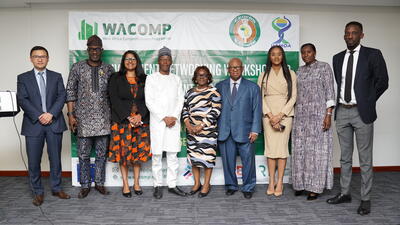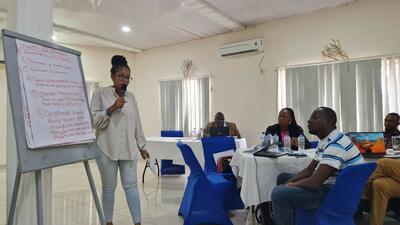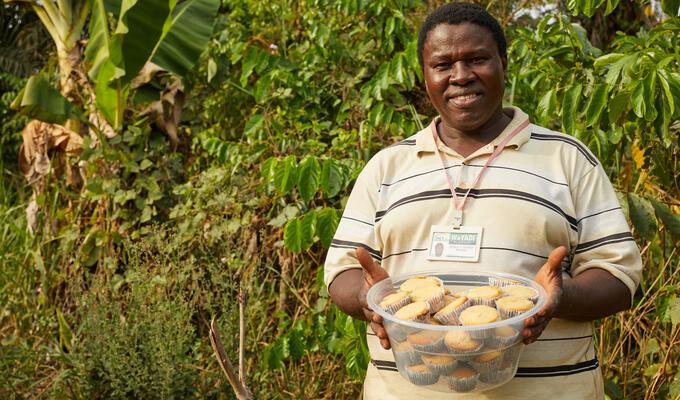
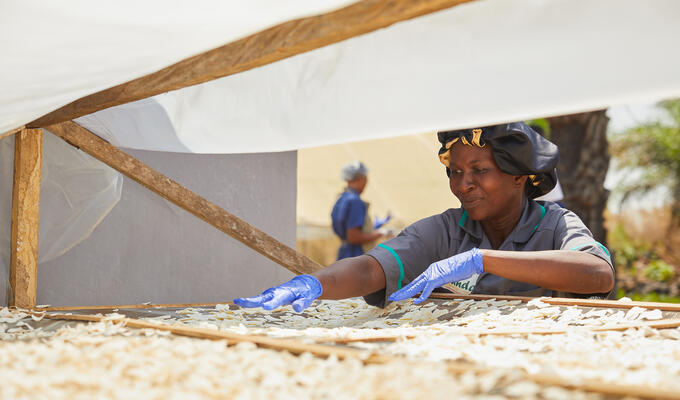
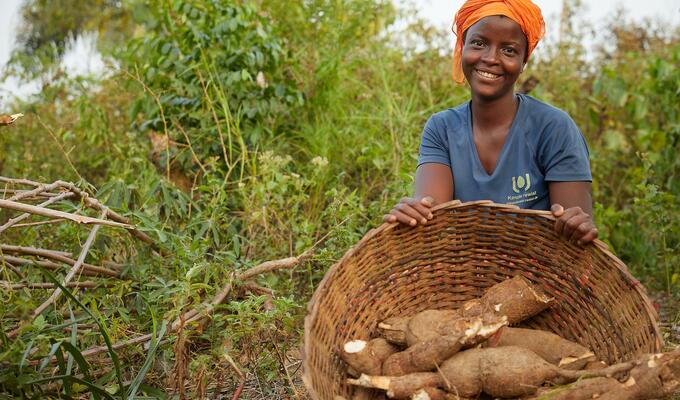
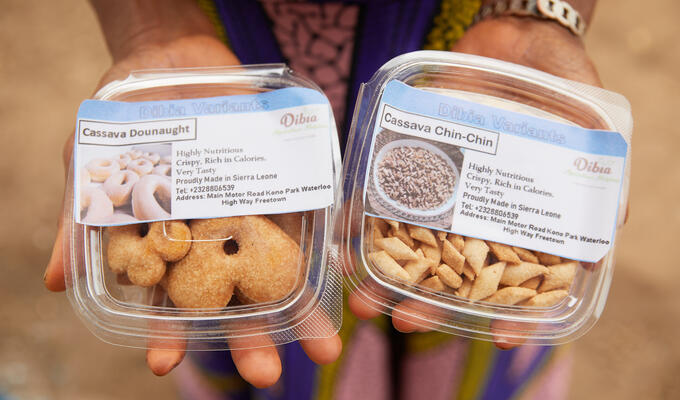
From crop to commerce: Unleashing cassava’s potential in Sierra Leone
In Sierra Leone, cassava is a staple food. Over the last two years, a series of trainings has shown businesses how to look at cassava in fresh ways, so they can diversify their offerings and improve sales.
For Matthew Jusu Kanneh, his organization started out with more traditional cassava foods.
‘Before the trainings, our offer was limited to gari, flour, chin-chin and donuts,’ said Kanneh, who heads the Women and Youth in Agricultural Development Initiative (WaYADI).
That’s changed since WaYADI joined other cassava, palm oil and cocoa businesses in a series of trainings conducted by the International Trade Centre (ITC) under the EU-funded West African Competitiveness Programme (WACOMP). The journey began in 2021 with Access to Finance Bootcamps. The next year, they were offered Value Addition and Product Diversification Trainings in Freetown, followed by a training focused on cassava.
Another stream of Branding and Marketing Training gave the businesses tailored support to develop their brand, marketing content, and visual identity. With both theoretical and practical sessions, companies created a new visual identity. A select group had a marketing kit developed, including a logo, business cards, brochures, and a website.
A survey of 12 companies in December showed that all had expanded their capacity, while two-thirds had acquired new equipment to expand their businesses.
Kanneh’s experience is typical. Before joining the programme, many of the businesses didn’t know about the various products that can be made with cassava. By making higher-value cassava products, small businesses earn more money.
‘Now we are processing more recipes and offer vegetable and meat pies, sausages and croquettes,’ Kanneh said.
Video
Turning waste into useable products
As the businesses learned to process cassava better, many started finding uses for what they used to regard as waste. That opened new revenue streams, as some started making popular confectionaries such as queen cakes, deep fried chin-chin snacks, egg rolls and donuts.
‘We are now paying more attention at all stages of processing, starting from the farm during harvesting, and we are selecting the variety that is required for the product we need to produce,’ Kanneh said.
With a deeper understanding best practices for their businesses, they also restructured to improve efficiency, management and recordkeeping. They focused on maintaining accurate records of stock, sales, and banking. They also networked to make new connections, using platforms like WhatsApp groups to reach non-traditional customers and expand their market reach.
As a result, WaYADI made a decision to work with more farmers, rather than growing more cassava themselves.
‘We have made the decision to empower more outgrowers, allowing us to focus our efforts on processing rather than on cassava root production,’ Kanneh said. ‘We also expanded our networking efforts to promote and advertise our products.’
WaYADI next wants to enhance their packaging and marketing efforts.
The December survey found that small businesses want more training in branding, marketing, food pricing, cost analysis, and market linkages. So ITC organized additional sessions in early 2023. One looked at better ways to design packaging and labelling. Individual coaching sessions provided personalized guidance on specific packaging strategies.
One of WACOMP’s goals in Sierra Leone is help cassava contribute more to industry, regional trade, and exports. The programme does that by empowering small businesses to benefit the economy and improve livelihoods.
A further training covered food safety, product costing, customer care, and market requirements, along with specific training on trade fair preparation.
The small businesses were then given a remarkable opportunity to showcase their products and skills at two prominent trade fairs. The FIARA 2023 trade fair in Dakar, Senegal, and the Food & Beverage West Africa trade fair in Lagos, Nigeria, served as platforms for participants to exhibit their products and connect with potential buyers and partners from across Africa and beyond.
With new business opportunities resulting from WACOMP, these businesses are ready to seize opportunities and embark on a successful expansion journey.
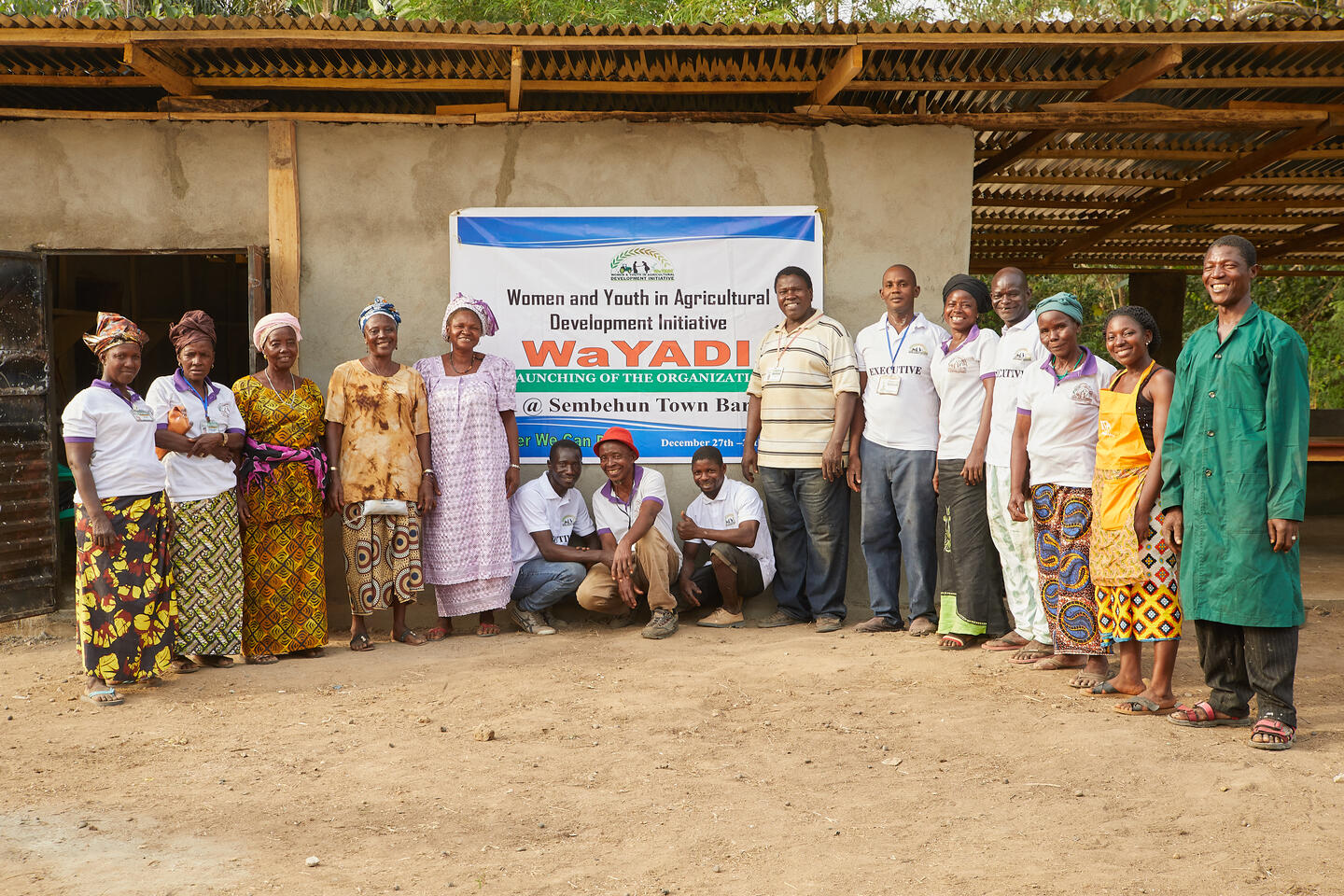
About the project
The West African Competitiveness Programme (WACOMP) in Sierra Leone aims to enhance the competitiveness of the cocoa, palm oil and cassava sectors to boost the country's connection to regional and global value chains, create more jobs and strengthen its resilience against economic chocs. It is funded by the European Union and implemented in partnership with UNIDO.




